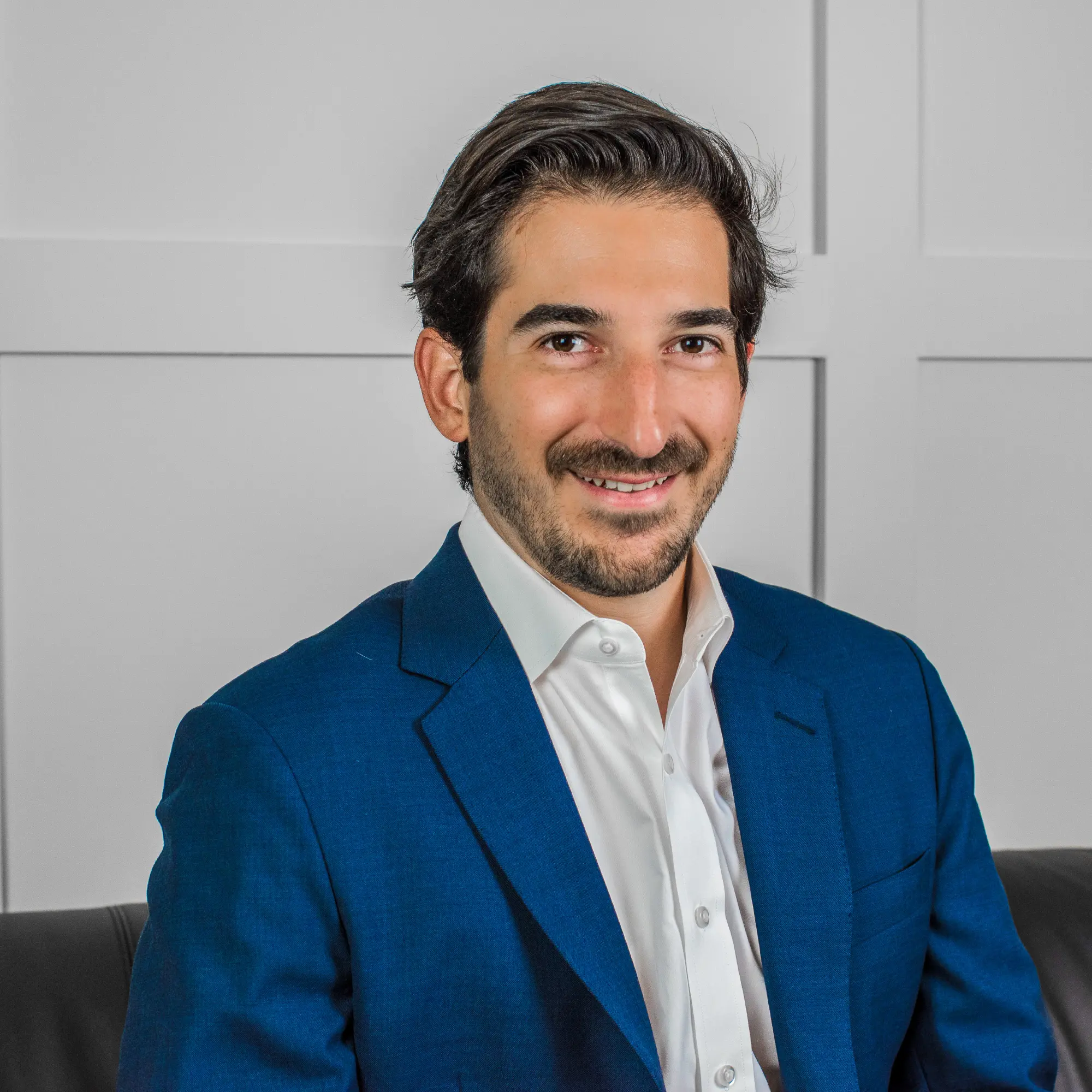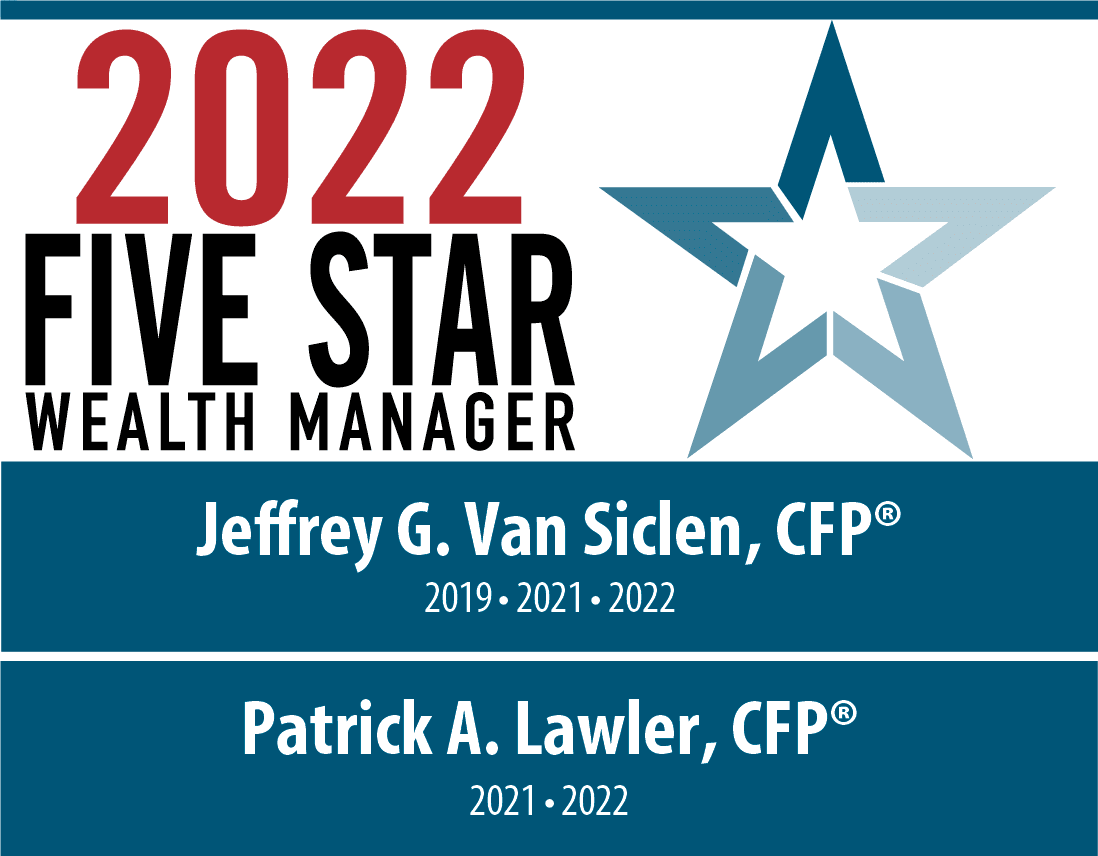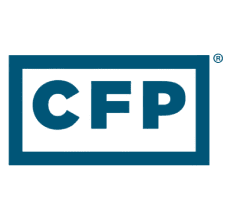Setting Up Financial Protection Against Potential Threats
May 24, 2024
We all know that things can go wrong – usually unexpectedly – especially when it comes to finances. Most often, it is not really possible to predict financial threats, but what we can do is create financial protection that we can fall back on if our situations should take a turn for the worst.
Financial uncertainty is something everybody experiences. Markets shift, assets can lose their value, and good jobs can be lost. For professionals in the Life Sciences, BioTech and Pharma industries, uncertainty is likely, even in the most successful career. Compensation in these sectors doesn’t work the same as in others. Project funding could dry up, long research timelines could lead to bigger gaps between payments. It is thus so important for professionals in these industries to have financial protection in place – savings and investments that can provide a safety net.
Unexpected Financial Threats
Individuals face a variety of financial threats throughout their lives. These risks could arise from economic conditions, or from a loss or temporary suspension of income, among other things. There are five types of financial risks that could impact any of us at any time.
- Market risk arises from the changing value of assets as a result of market fluctuations.
- Credit risk is essentially the risk of non-payment – a creditor, client, or employer might fail to meet their agreed obligations.
- Liquidity risk is the possibility that assets might not be sold quickly enough or at a fair price, leading to losses or cash flow crises.
- Operational risk involves system errors, such as IT failures, human error or even fraud, that might result in an underpayment, lack of payment, or the loss of cash and assets.
- Systemic risk is the possibility of a large-scale financial crisis, such as a depression or market crash, which can leave people struggling to meet their needs and pay their debts.
The sad truth is that all of us face all of these risks at any given time. The likelihood of a certain risk becoming a full-blown threat may vary, but we need to be prepared at all times nonetheless.
How to Control Financial Risk
The best way to protect against these risks is to have a financial risk management plan in place, including an emergency fund left untouched and allowed to grow when you are in an excellent financial position and which can be accessed when something unexpected happens. An emergency fund should form part of a broad-based financial risk management plan, which might also include strategic investment that incorporates diversification and hedging, and insurance policies, among others. An experienced financial advisor will help you put the best financial protection plan in place, based on your needs and capabilities. Controlling financial risk involves:
- Setting up multiple sources of income. If one source dries up or is illiquid for a certain time, you need to be able to draw on others. Diversifying revenue streams is essential for Life Sciences professionals, considering project and research-based funding issues and timelines.
- A risk management plan: Work with a family CFO or financial consultant to create a comprehensive risk management plan based on a thorough assessment of your risks and your ability to tolerate them.
- Insurance: Make sure you have the right amount of insurance to cover you in an emergency without overspending on premiums.
- Keep savings for emergencies: Build up an emergency fund that can provide between six and 12 months’ worth of income set aside if you need it.
Building Financial Resilience
A good financial risk plan will help you build up financial resilience, which is the ultimate goal. You will not be able to eliminate financial risk, but you can prepare yourself to navigate it successfully. Diversification, investments, savings and insurance will all help you to cultivate financial resilience, provided they are used strategically, according to that all-important risk management plan.
LRVS Advisory specializes in offering professional wealth and financial management advice to professionals in the Life Sciences, BioTech and Pharma industries. If you need help creating a comprehensive financial protection plan for you and your family, contact us and speak to one of our experienced family CFOs.
*Disclaimer:
This article is provided by McAdam LLC (“McAdam” or the “Firm”) for informational purposes only. Investing involves the risk of loss and investors should be prepared to bear potential losses. Past performance may not be indicative of future results and may have been impacted by events and economic conditions that will not prevail in the future. No portion of this article is to be construed as a solicitation to buy or sell a security or the provision of personalized investment, tax, or legal advice. Certain information contained in this report is derived from sources that McAdam believes to be reliable; however, the Firm does not guarantee the accuracy or timeliness of such information and assumes no liability for any resulting damages.
This article is the sole opinion of this individual and is not indicative of the firm’s beliefs.







